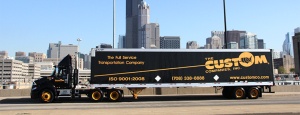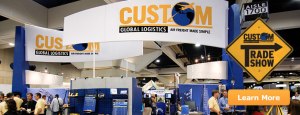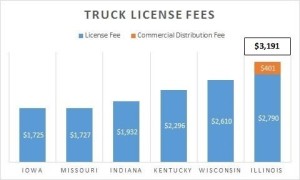A transportation industry executive with over 30 years of experience, Perry Mandera founded The Custom Companies, Inc., in Northlake, Illinois. Alongside his professional activities, Perry Mandera supports the Illinois State Crime Commission (ISCC), an organization that awarded him its Bishop Sheil Award in 2010 and its Citizen of the Year Award in 2011.
A nonprofit organization working in tandem with the Police Athletic League, the ISCC advances initiatives that reduce crime and juvenile delinquency while promoting positive interaction among law enforcement and members of the public. The organization’s work in the Chicago area includes providing hands-on training for local law enforcement agencies.
Since its founding, the ISCC has hosted no-cost seminars on a variety of topics, including gang violence, which is a problem facing many Chicago communities. The organization has also offered tactical training seminars focused on firearms, martial arts, hand-to-hand combat, and event security and management.
In addition to helping improve the knowledge and skills of Chicago-area police officers, the ISCC advances legislation that reduces crime and strengthens existing laws. The group’s efforts in this area have focused on juvenile sex offenders, underage drug and alcohol possession, domestic violence, and impaired driving.



